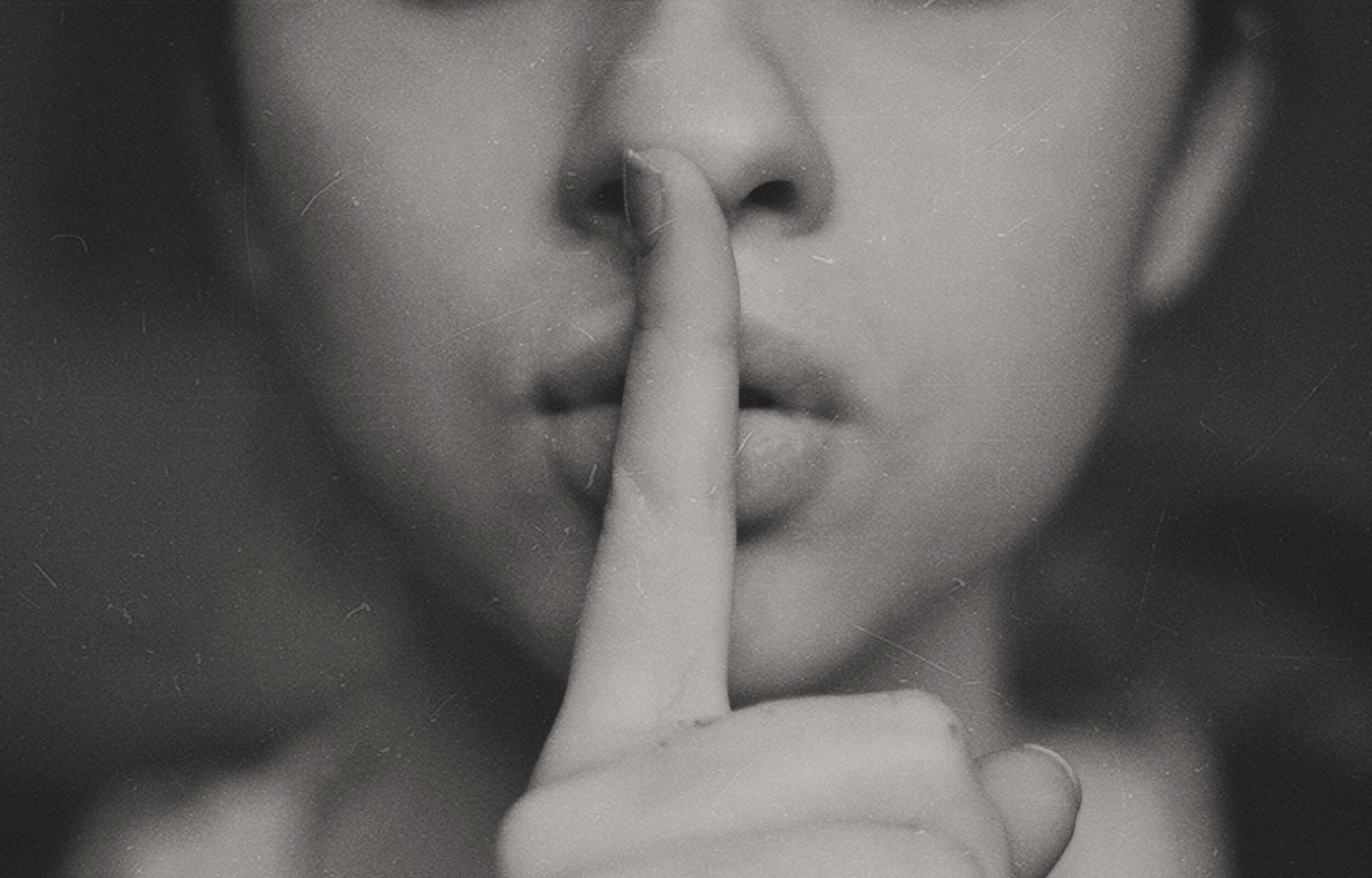If You Are A Mental Health Professional Working With Sexual Assault Survivors- PLEASE Stop Doing This
I recently left a meeting filled with mental health specialists and sexual assault advocates with my friend ( a first-year mental health counseling graduate student) and we looked at each other blankly afterward before we dove into issue as we left the meeting feeling handled without the ability to get our point across.
The way the mental health and sexual assault advocates talk to survivors is a problem. Or should I say the way they whisper.
All of the sudden, this weird voice can materialize that you might use for a small child, or someone not quite all there. It is a breathy whisper. I am sure it is meant to comfort but it just makes me feel…well…crazy.
It makes me feel like I am being handled, and I have had this experience over and over again with therapists, Sexual Assault Response Teams and others. Thankfully, never nurses. Nurses have always spoken to me as a peer, that I am capable of understanding what is happening with my body, mind and how I might be able to help. That matters. That is why survivors respond so well to Dr. Shiva Ghaed at our Sunlight Retreats. She does not dumb things down, or talk down to survivors, or do that weird, breathy thing that some therapists seem to have learned ( is this taught in school?).
I asked my friend to please tell all her fellow graduate students in mental health to cut out the baby voice. It is patronizing and separates two humans trying to have an honest conversation. Plus, it’s just plain hard to hear someone whispering at you for an hour. I’m pretty sure I caught about only 60% of what they were saying.
So if you are a Licensed Clinical Social Worker, a Marriage and Family Therapist, a psychologist, psychiatrist or sexual assault response team member, PLEASE use your real voice with us. We can tell. We promise you we can handle it, we have been through a lot worse, we can handle being spoken to as an adult.


